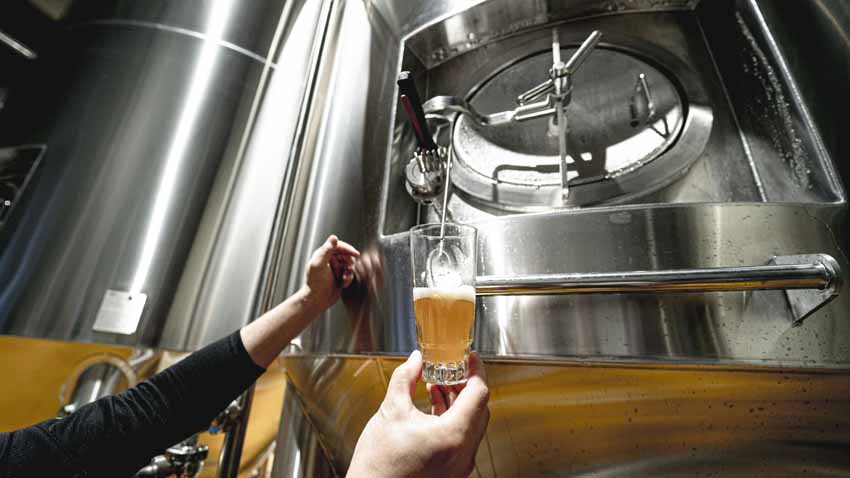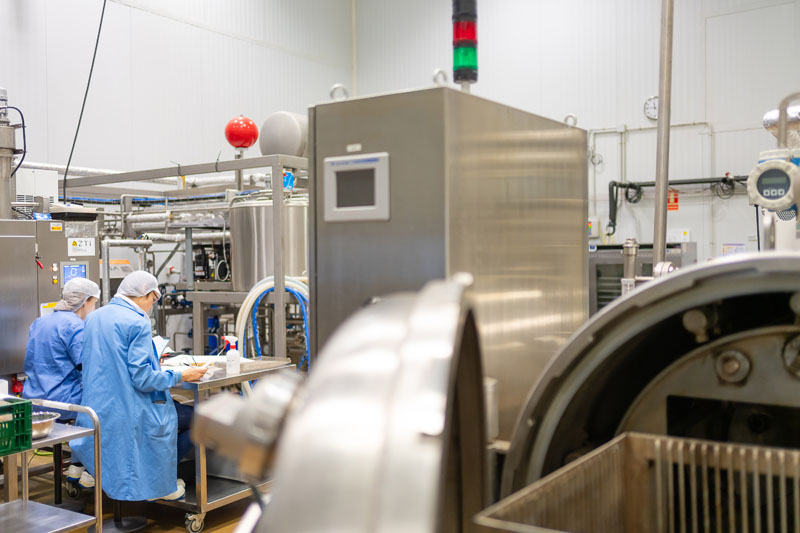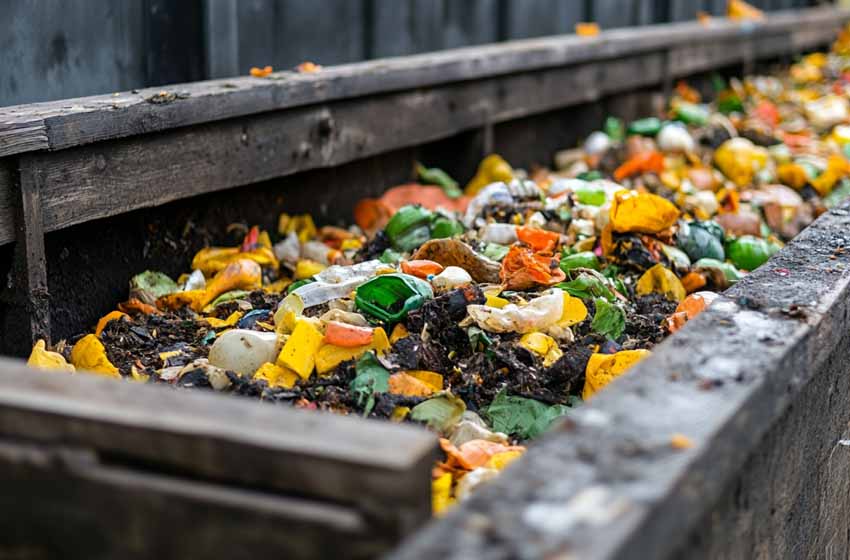A sustainable and nutritious future for beer by-products
Últimas noticias
Old nets? New rope! European project tackling marine plastics with circular fishing gear and port solutions
AZPilotManager: A breakthrough in the management of R&D tests in the food industry
The food industry's contribution to the battle against climate change: towards more efficient and sustainable processes
DAVID SAN MARTIN, Expert in the valorisation of by-products at AZTI and coordinator of the LIFE Brewery project
The European brewing industry is a colossus, remarkable not only for its production volume, which exceeds 35 billion litres per year, but also for its capacity to generate by-products with great nutritional and functional potential. One of these by-products, brewer’s yeast, mainly Saccharomyces cerevisiae, is removed from the fermentation process when its efficiency declines, but still retains a wealth of proteins, carbohydrates, fatty acids, vitamins and minerals. Its water content varies between 85-90% and it is an important source of essential amino acids such as arginine, cysteine, histidine, isoleucine, leucine, lysine, methionine, phenylalanine, threonine, tryptophan, tyrosine and valine, which are essential for various human body functions.
Bioactive compounds in yeast, such as polyphenols, antioxidants and β-glucans, are valued for their health-promoting properties. The β-glucans, components of the yeast cell wall, are particularly valued for their ability to boost the immune system and reduce cholesterol. These compounds also have potential applications in the food industry as thickeners and emulsion stabilisers.
Traditionally used in animal feed, brewer’s yeast is expanding its potential thanks to hydrolysis technology. This process transforms yeast into more digestible and bioavailable ingredients suitable for fish and other animal feeds. For humans, yeast extracts are used as natural additives in bakery and other food products, supported by EFSA, which recognises β-glucan as safe to consume.

New opportunities for the food industry
Enzymatic hydrolysis not only improves the nutritional functionality of yeast, but also enhances the production of anti-hypertensive peptides and antioxidants, contributing to cardiovascular health and food preservation.
The valorisation of yeast through these techniques offers environmental and economic benefits, in line with a circular economy model that reduces waste and improves efficiency in the use of natural resources, creating technological jobs and promoting sustainability.
Advances in technology and research are transforming brewer’s yeast into a high-value functional ingredient for the food industry. These innovations open up new opportunities and contribute to sustainability and economic efficiency. Over time, brewer’s yeast could become an essential part of the food value chain, improving the nutritional quality of food and the health of consumers.
Research carried out in the framework of the Life-Brewery project.







